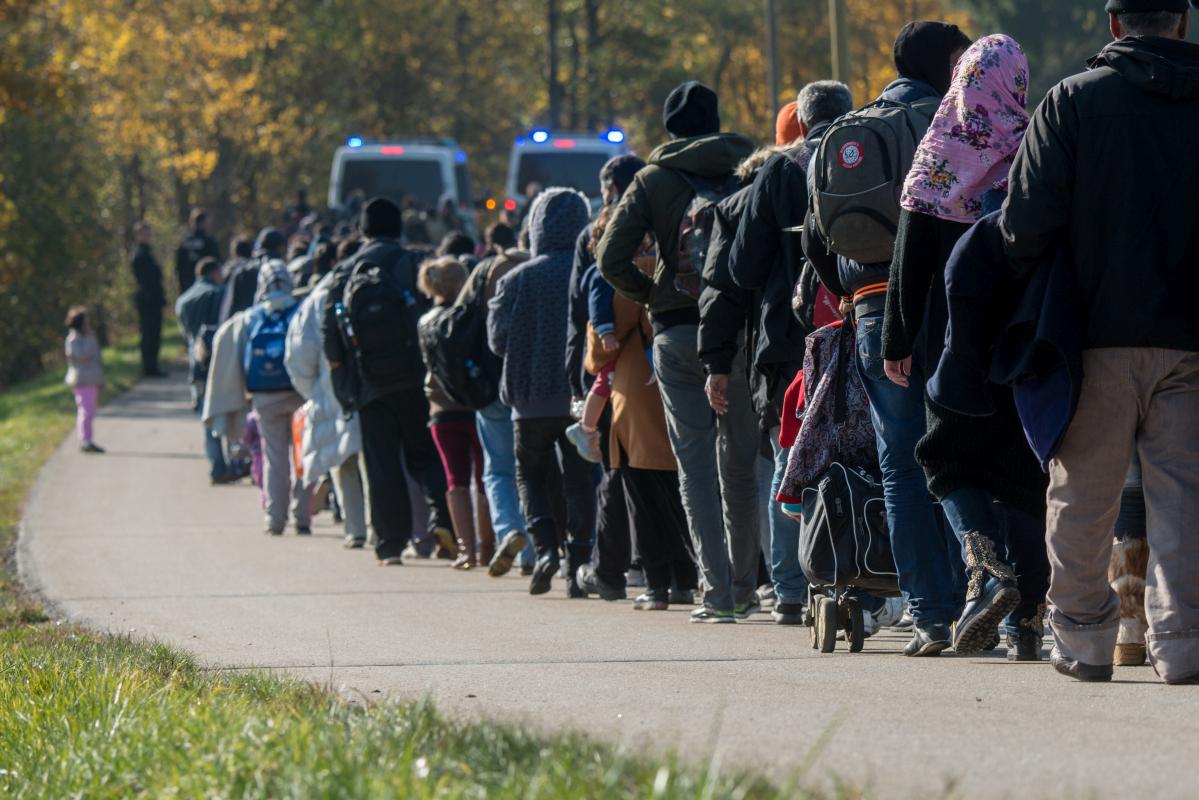
The European Commission has approved 10.17 million euros ($11 million) in emergency funding to help Slovenia cope with the huge and sudden influx of migrants arriving in the country since mid-October, it said on Friday.
Hundreds of thousands of migrants, many of them fleeing Syria's civil war, have taken the Balkan route from Greece to western Europe this year. That has put great strain on the finances and infrastructure of transit countries, including the ex-Yugoslav states of Macedonia, Serbia, Croatia and Slovenia.
The money will be used to help finance policing of the border with Croatia, improve accommodation for asylum seekers and increase it by 7,500 places, a statement issued by the European Commission's representative office in Slovenia said.
A chunk of the money will also be used to cover the cost of policemen from other European Union countries that are helping the Slovenian police.
Arrivals in Slovenia have accelerated since Hungary, an eastern outpost of the European Union's passport-free Schengen zone, shut its southern border to the migrants on Oct. 16, diverting the flow of more than 150,000 people westwards.
Slovenia, with a population of just 2 million, says it does not have the resources to cope with such a big influx. Interior Minister said last month that the cost of looking after the migrants had risen to 770,000 euros a day.
Last month, at a meeting in Brussels, EU and Balkan leaders agreed a 17 step plan to share the burden of the biggest migration crisis since the World War II.
The EU member states pledged to send 400 extra border guards to Slovenia, whose prime minister Miro Cerar has warned the crisis could reignite conflicts between former Yugoslav republics which fought each other during the 1990s.


































































